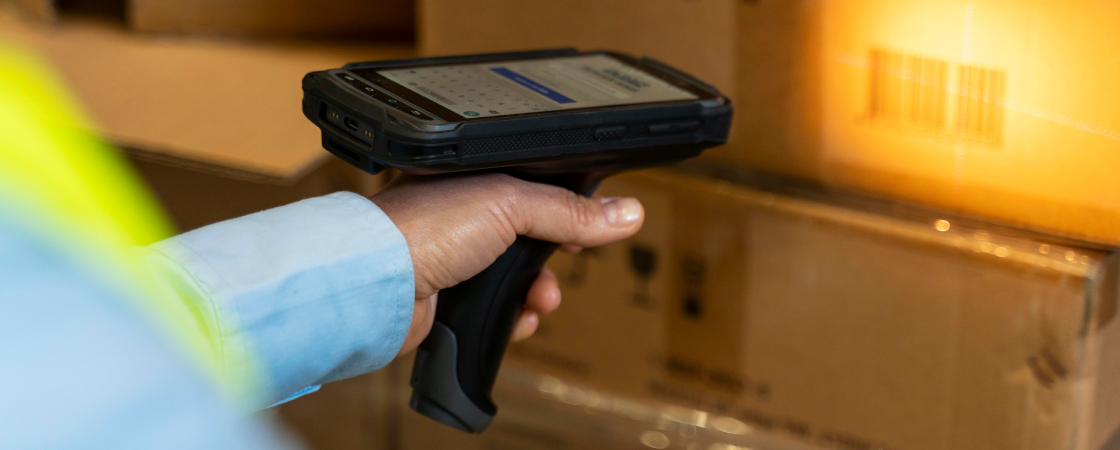In today’s fast-paced and interconnected world, supply chain management plays a critical role in the success of businesses across various industries. To ensure smooth operations, reduce costs, and enhance overall efficiency, many organizations are turning to advanced technologies like RFID (Radio Frequency Identification) traceability systems. This article explores the key concepts and benefits of RFID traceability and how it can revolutionize supply chain management.
1.Understanding RFID Traceability: RFID traceability is a sophisticated system that employs radio waves to identify, track, and manage assets or products throughout their lifecycle. It involves the use of RFID tags, which are small electronic devices containing unique identification data. These tags can be attached to items or integrated into packaging, enabling seamless tracking and monitoring.
2.Components of RFID Traceability System: The RFID traceability system consists of three primary components: a. RFID Tags: These small devices contain a microchip and an antenna to transmit and receive data wirelessly. b. RFID Readers: These devices read the information encoded on the tags and facilitate communication with the central database. c. Central Database: It stores and manages the collected data, allowing stakeholders to access real-time information about the tagged items.
3.Benefits of RFID Traceability System: Implementing an RFID traceability system offers numerous advantages for supply chain management:
a.Enhanced Visibility: RFID technology enables real-time visibility into the movement, location, and condition of goods, ensuring better inventory management and reducing the risk of stockouts or overstocking.
b.Streamlined Operations: With accurate and automated data capture, RFID traceability eliminates manual processes, reducing human errors, and enhancing overall operational efficiency.
c.Improved Traceability: By tracking products from their origin to the final destination, organizations can quickly identify and address any issues, such as quality control or compliance concerns.
d.Efficient Recall Management: In case of product recalls, RFID traceability enables swift identification of affected items, minimizing the impact on consumers and reducing recall-related costs.
e.Counterfeit Prevention: RFID tags can be embedded with security features, making it harder for counterfeit products to enter the supply chain, protecting brand reputation and customer trust.
4.Industry Applications: RFID traceability systems find applications across various industries: a. Retail: Efficient inventory management, theft prevention, and streamlined checkout processes. b. Healthcare: Drug tracking, patient identification, and medical equipment management. c. Logistics and Transportation: Route optimization, asset tracking, and shipment verification. d. Manufacturing: Work-in-progress tracking, quality control, and supply chain visibility.
In an increasingly complex and globalized supply chain landscape, implementing an RFID traceability system offers immense benefits for organizations. From improved visibility and streamlined operations to enhanced traceability and counterfeit prevention, RFID technology is revolutionizing supply chain management across multiple industries. By harnessing the power of RFID traceability, businesses can gain a competitive edge, reduce costs, and deliver superior customer experiences.






